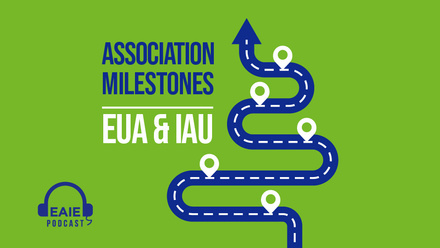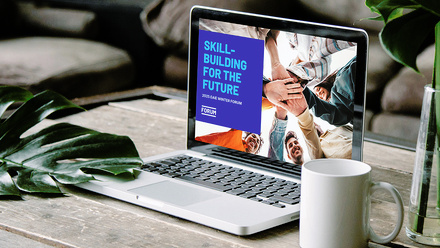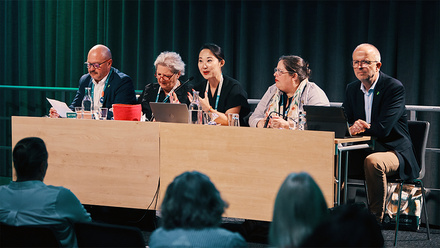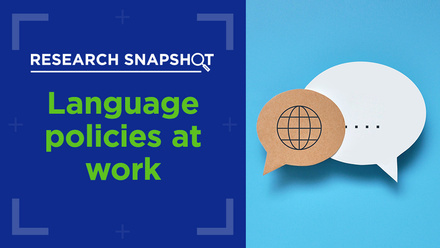A toolbox for cross-cultural resilience: Supporting international office professionals
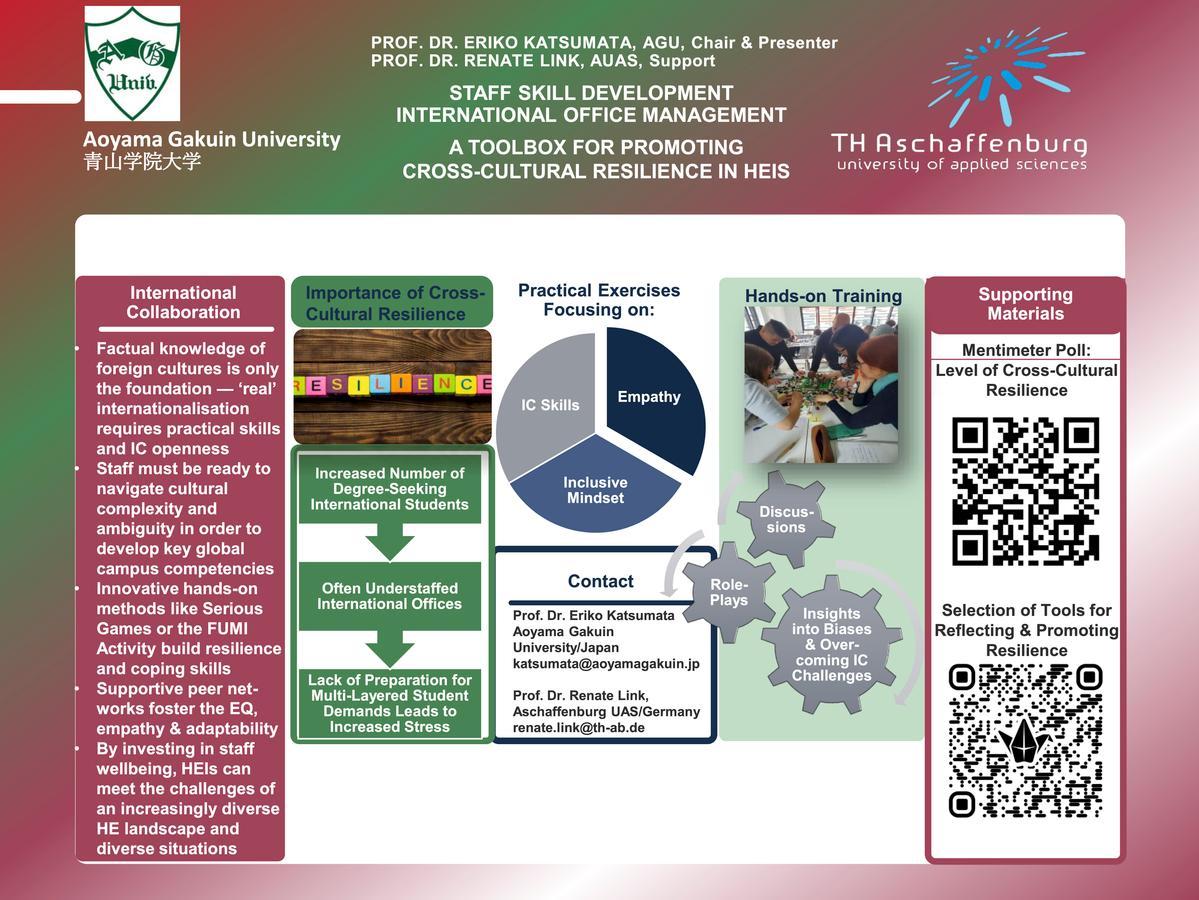
In today’s fast-evolving landscape of higher education, internationalisation is both a source of great promise and great complexity. The number of degree-seeking international students continues to rise, placing ever greater demands on those working behind the scenes our international office professionals. Yet, while much attention is rightly dedicated to supporting students, the emotional and psychological resilience required of the staff who serve them is far too often overlooked.
This poster, presented at the 2025 EAIE Conference in Gothenburg, sets out to address this gap, providing practical approaches to fostering staff wellbeing and competence. The poster combines the rich experience of the poster presenter, Eriko Katsumata from Aoyama Gakuin University in Tokyo, Japan and her colleague, Prof. Dr. Renate Link from Aschaffenburg University of Applied Sciences, Germany. These experiences ensure that each element of the presented toolbox is grounded in real-world practice and insight.
Genuine success in international environments depends on the willingness and ability of staff to navigate cultural differences, manage ambiguity and cope with feelings of strangeness and otherness.
At its core, the toolbox recognises that factual knowledge about countries and cultures is only the starting point. Genuine success in international environments depends on the willingness and ability of staff to navigate cultural differences, manage ambiguity and cope with feelings of strangeness and otherness. Unfortunately, these "soft skills" are rarely the focus of structured professional development in higher education.
What makes the toolbox distinctive is its blend of Western and Eastern methods – designed for hands-on, reflective learning:
- Serious games: Activities such as LEGO® Serious Play, Playmobil Pro, Plus-Plus and Puzzling Intercultural Stories harness playful creativity to build intercultural communication, reveal hidden assumptions and encourage problem-solving from multiple perspectives. They create a safe environment for genuine dialogue and shared discovery.
- Japanese FUMI activity: This innovative classroom tool allows participants to simulate the culture shock and self-reflection triggered by "stepping outside" their comfort zone. Rooted in Japanese experiential learning, FUMI bridges cultural gaps and nurtures empathy in ways that complement more Western approaches.
- DEI tools & Living library: Participants engage with real "critical incidents" from higher education, using the Diversity, Equity and Inclusion frameworks to analyse challenges, surface underlying biases and develop constructive responses. For example, the Living Library lets team members share lived experiences, ensuring the learning is authentic and immediately relevant.
- Supportive networks, Mentorship & Peer collaboration: Recognising that resilience is collective as much as individual, the toolbox highlights the importance of formal support networks and informal peer mentoring. These relationships provide essential spaces for sharing, debriefing and mutual growth.
To extend impact, the poster includes a QR code linking to Padlet resources for direct use and a Mentimeter poll for practitioners to reflect on their current level of resilience.
What can readers take away for their own institutions?
- An appreciation that staff wellbeing is foundational to sustainable, effective internationalisation – never an afterthought.
- A suite of exercises and tools, adaptable to any setting, designed to empower teams through practical, cross-cultural learning.
- New ideas for developing training programmes that foster both personal and organisational resilience.
By investing in the emotional and intercultural capacity of international affairs staff, we invest in the future of global higher education itself. Our hope is that this toolbox will be a catalyst for positive change – enabling international offices and the professionals within them, to truly thrive, whatever challenges may arise.
By investing in the emotional and intercultural capacity of international affairs staff, we invest in the future of global higher education itself.


